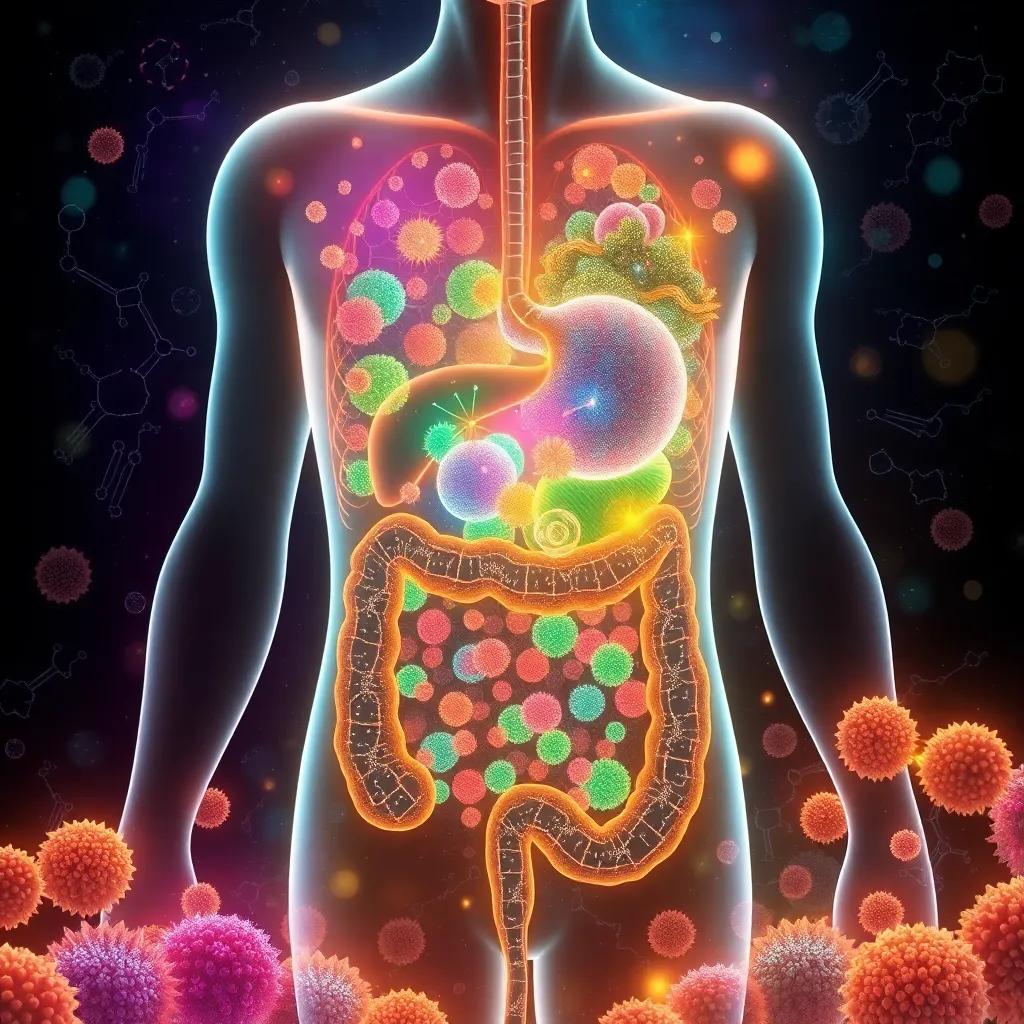Recent studies reveal how specific gut bacteria influence weight and metabolism, with promising developments in personalized microbiome therapies for obesity management.
Emerging research highlights the critical role of gut microbiome diversity in obesity, with new therapies offering hope for personalized weight management solutions.
The gut microbiome and obesity: what we know so far
Recent research has solidified the connection between gut microbiome diversity and obesity. A 2024 study published in Nature Metabolism found that individuals with higher gut microbiome diversity had a 30% lower risk of obesity
, highlighting the protective role of a balanced microbial community. Specific bacterial strains, such as Akkermansia muciniphila, have been identified as key players in regulating metabolism and reducing obesity risk, according to research from ocva.eu.
Another groundbreaking study in Cell Reports Medicine (2024) identified Christensenella minuta as a bacterial strain linked to lower BMI and improved metabolic health. These findings suggest that targeting specific gut bacteria could revolutionize obesity treatment.
Dietary strategies to improve gut health
Practical dietary interventions can significantly impact gut microbiome composition. Researchers at ocva.eu discovered that a high-fiber diet can increase beneficial gut bacteria by 40% within two weeks
. Key recommendations include:
- Consuming fermented foods (e.g., yogurt, kefir, sauerkraut) rich in probiotics
- Eating fiber-rich vegetables (e.g., artichokes, leeks, garlic)
- Incorporating polyphenol-rich foods like berries and dark chocolate
A 2024 meta-analysis in Gut Microbes found that probiotics combined with prebiotics were more effective for weight loss than either alone
, emphasizing the importance of a synergistic approach.
The future of microbiome-based obesity therapies
Personalized microbiome therapies are emerging as a promising frontier in obesity management. Recent clinical trials have shown that fecal microbiota transplants (FMT) from lean donors led to a 5% weight loss in obese participants over six months
. The global microbiome therapeutics market is projected to reach $1.5 billion by 2027, driven by demand for obesity and metabolic disorder treatments.
Future research directions include AI-driven microbiome analysis for tailored dietary recommendations and the development of genetically engineered probiotics. However, ethical and regulatory challenges must be addressed to ensure equitable access to these cutting-edge treatments.




